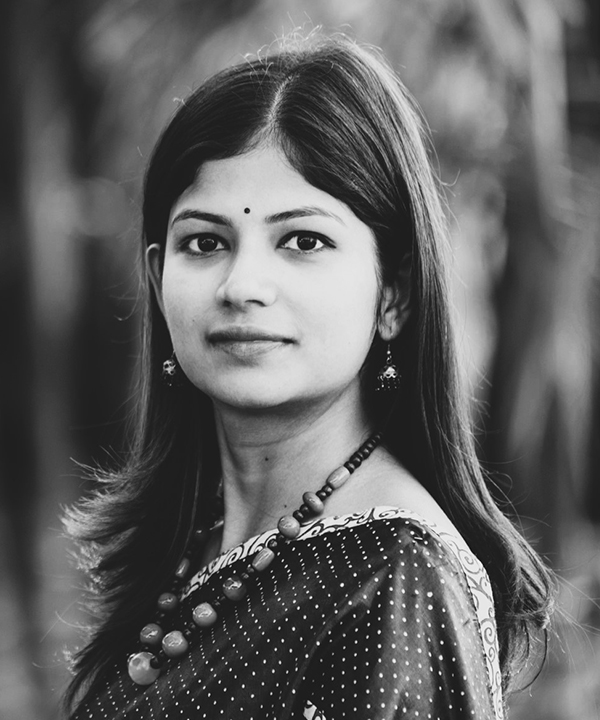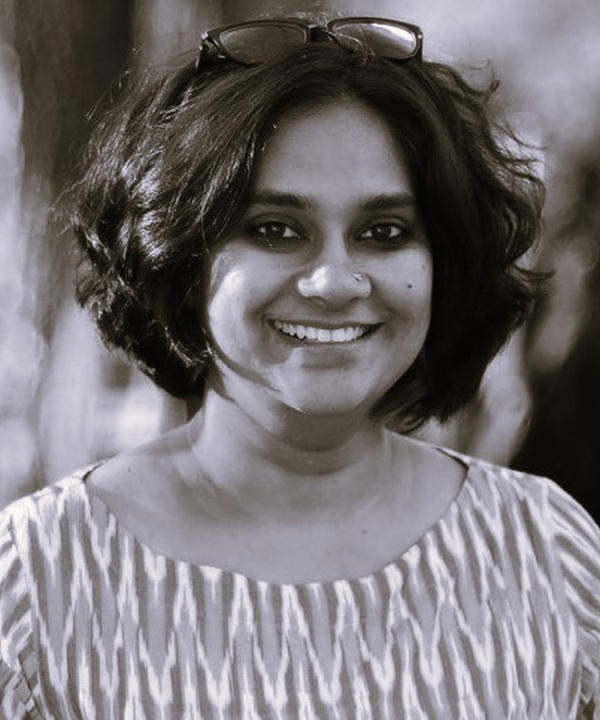
Rupal Kulkarni

Divya Ravindranath
Advisory Group
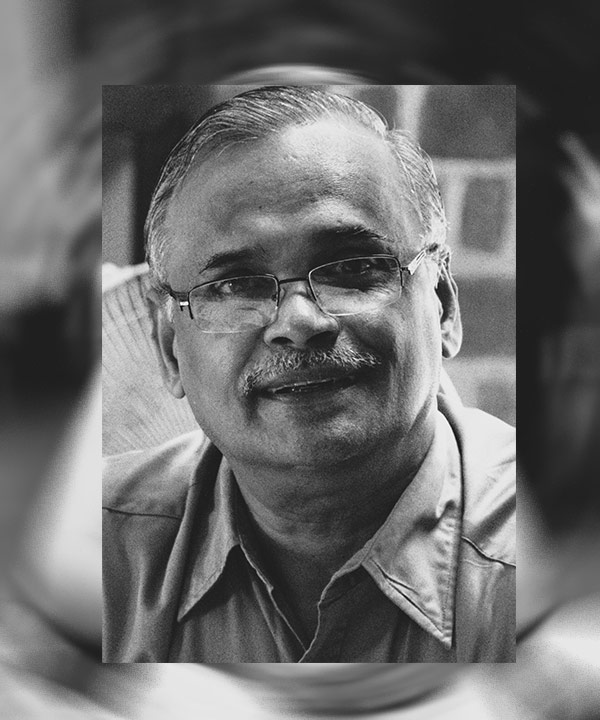
Professor K.P. Kannan, a development economist, is an Honorary Fellow at the Centre Development Studies (CDS), Thiruvananthapuram. His association with CDS spans close to four decades as a member of the Faculty, and later as the Director of the institute. He is also Chairman of the Centre of Science and Technology for Rural Development (COSTFORD) and the Laurie Baker Centre for Habitat Studies, Thiruvananthapuram.
Professor Kannan was a full time member of the National Commission for Enterprises in the Unorganised Sector (NCEUS) that prepared a number of major reports on the informal economy and informal workers in India during 2005-09. He was also part of the International Panel on Social Progress, a collective initiative of social scientists from across the world led by Professor Amartya Sen that prepared the global report on Society in the 21st Century in 2018. He was also an Expert Member in the Technical Secretariat of the World Commission on Social Dimension of Globalisation constituted by the ILO in Geneva (2002-03) and Research Director at the Cambodia Development Resource Institute in Phnom Penh (1995-97).
He has authored, co-authored or edited a number of research papers and twelve books including Interrogating Inclusive Growth: Poverty and Inequality in India (Routledge, New Delhi and London, 2014), and The Long Road to Social Security (Oxford University Press, New Delhi, 2013).
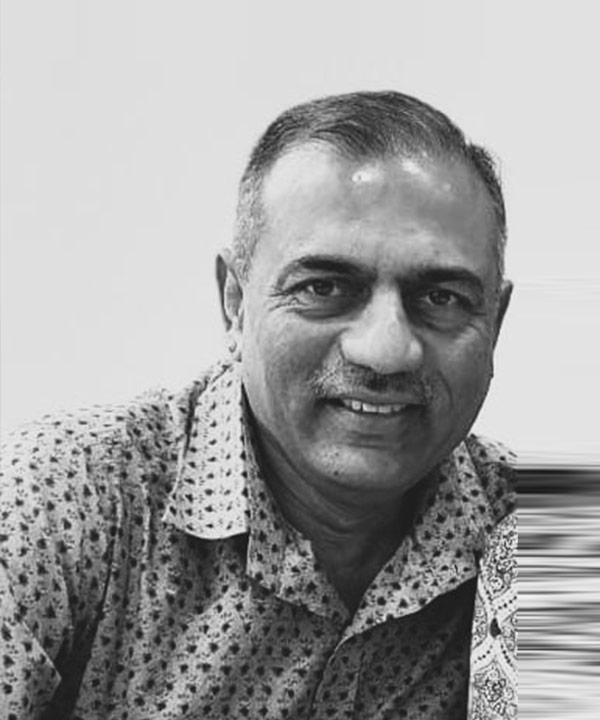
Rajiv Khandelwal is the co-founder and Director of Aajeevika Bureau - a public service initiative headquartered in Rajasthan that defends the rights of low income, wage dependent migrant workers who leave their rural homes to find work in urban and industrial markets. In his leadership Aajeevika Bureau has earned national recognition for its contribution to the domain of informal work, labour migration and urban inclusion. Aajeevika Bureau has designed several innovative programmes in legal aid, skilling, financial access, skilling and social security by collectivizing and empowering thousands of migrant workers.
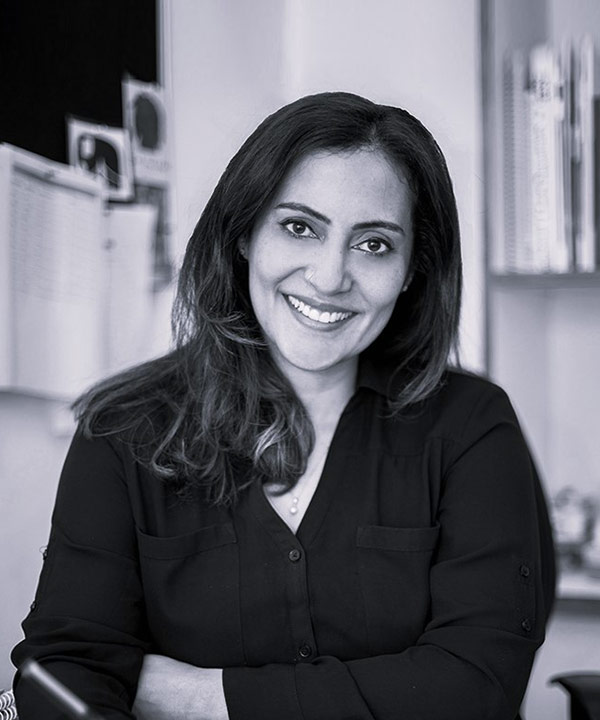
Sabina Dewan is Founder and Executive Director of the JustJobs Network which she co-founded with John Podesta in 2013. She is also a Senior Visiting Fellow at the Center for Policy Research in India, and a Non-Resident Fellow at the Carsey School of Public Policy at the University of New Hampshire. Before this, Ms. Dewan served as a Senior Fellow and Director for International Economic Policy at the Center for American Progress in Washington DC. Ms. Dewan’s research focusses on strategies for job creation and workforce development. Within this domain, her research examines how technology, climate change and the restructuring of trade into value chains are upending traditional employment models and the differential impacts of these forces on women and different socio-economic groups. Ms. Dewan works closely with governments, businesses, multilateral, and grassroots organizations providing critical labor market insights to help generate more employment, cultivate employability, and promote inclusive and sustainable economic growth. Ms. Dewan’s vast experience includes working with institutions including the World Bank, the International Labour Organization, and the European Commission, as well as grassroots organizations in Sierra Leone, India and Western Samoa. Ms. Dewan serves on several global and local committees. She is one of six advisor's to the Swedish Prime Minister's Global Deal initiative. She serves as a member of the Global Challenges Foundation's Climate Governance Commission. She is a member of the Confederation of Indian Industry's National Committee on Skills and Livelihoods; Niti Aayog's advisory committee for 'Vision 2035', and at the grassroots level, she is part of the Anganwadi Monitoring Committee for the Kalkaji jurisdiction. Ms. Dewan has appeared in several international media outlets, including The Wall Street Journal, Financial Times, US News and World Report, CNN, BBC, Al-Jazeera, TimesNow and NDTV.
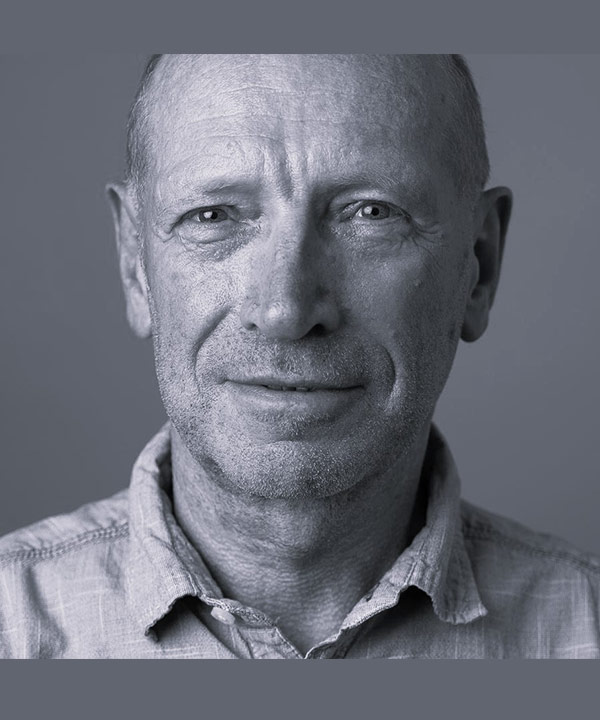
Professor Jens Lerche has an MA and PhD in Social Geography from the University of Copenhagen, His research focuses on India. His research interests include the political economy of agrarian transformation, and class and caste relations in agrarian transition; the political economy of labour relations, unfree labour and rural labour migration; and struggles, movements and labour organisations; and the role of the ILO. Recent publications include the co-authored volume Ground Down by Growth. Tribe, Caste, Class, and Inequality in Twenty-First Century India; and articles on class, caste and social mobilisation, and on agrarian transition and agrarian crisis an Indian context,. He is editor of the Journal of Agrarian Change. His present research is on inequality and poverty of Dalits and Adivasis in India, funded by the ESRC and ERC.
The Board
